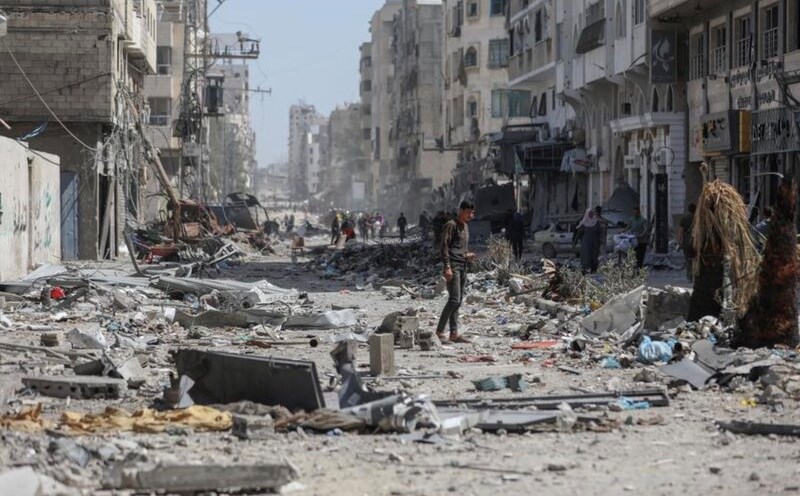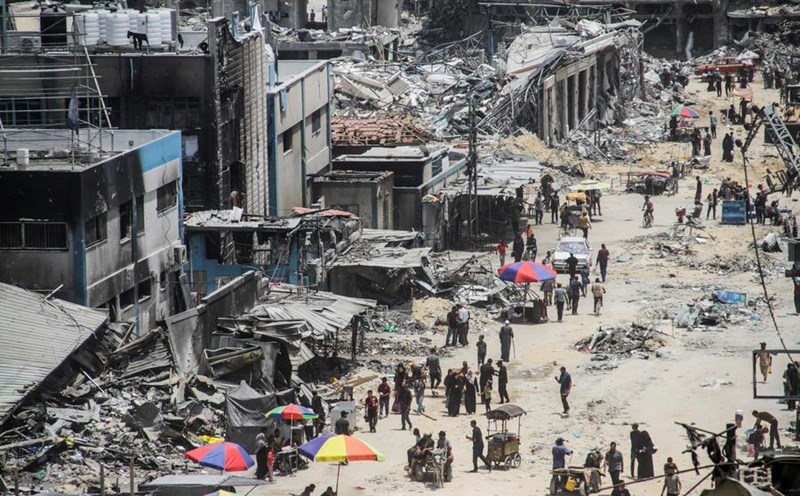On August 20, Israeli military spokesman general Effie Defrin said that Israeli forces had begun the "first steps" in the campaign against Gaza city and were seizing suburban areas. He stressed that the army will "deeply attack Hamas in Gaza city, the political and military stronghold of this organization".
The Israeli military has mobilized tens of thousands of reserve troops, while the government is considering a new ceasefire proposal. A military official had earlier said that reservists will only be called up from September, giving mediators more time to try to narrow the gap between Hamas and Israel. However, after fierce clashes in Gaza, Prime Minister Benjamin Netanyahu's office announced an acceleration of plans to control Hamas bases.
Hamas accused Netanyahu of deliberately blocking a ceasefire to continue the brutal conflict with Gaza civilians. Meanwhile, Israel has said it will order evacuation before attacking the city to reduce casualties. The Latinh Jerusalem High Court said that some residential areas near the only Catholic church in Gaza City have begun to receive evacuation notices.
According to Israeli officials, about 75% of the Gaza Strip is currently under their control. The military campaign has caused heavy damage, with more than 62,000 Palestinians killed according to local health data, mostly women and children. Israel accused Hamas of hiding in a civilian facility, a claim Hamas denied.
Hamas said it has accepted a 60-day ceasefire proposal from Arab countries, including a hostage exchange and prisoners. However, Israel has demanded that all 50 remaining hostages be released immediately. Israeli officials believe that only about 20 of them are still alive.
Under pressure from the international community, many close allies have called on Israel to reconsider the operation, but some far-right members in the government have urged further fighting and expanding settlement plans in the West Bank.











